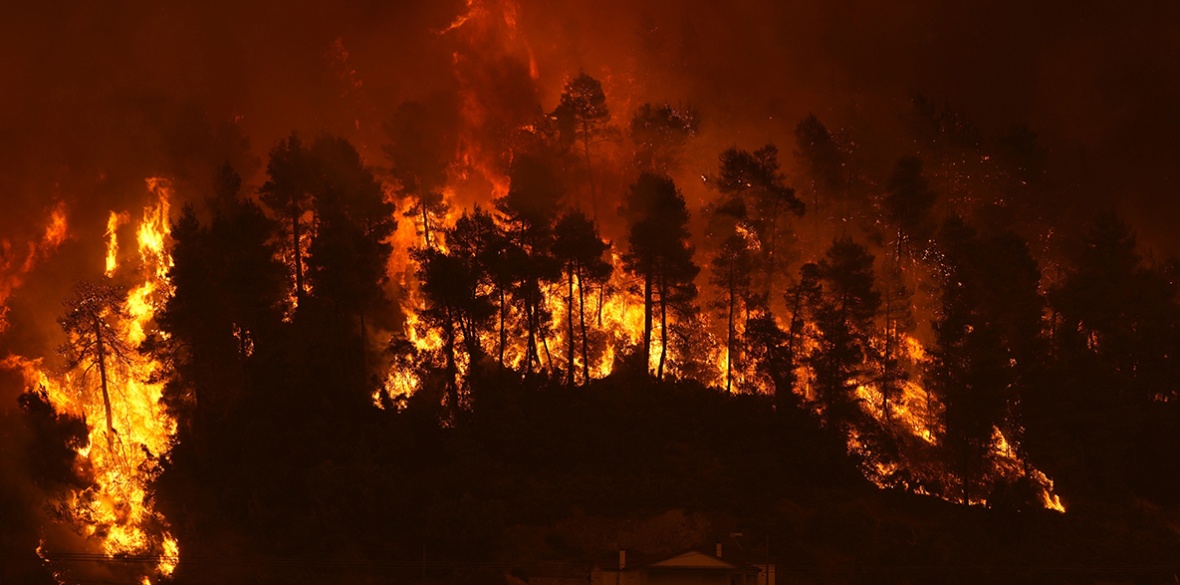This is the last article you can read this month
You can read more article this month
You can read more articles this month
Sorry your limit is up for this month
Reset on:
Please help support the Morning Star by subscribing here
A NEW United Nations report sets out a stark message on the state of the climate crisis, raising pressure on governments in the run-up to the crucial COP26 summit in Glasgow this November.
The report by the UN Intergovernmental Panel on Climate Change (IPCC), published today, is the first part of a review of current scientific knowledge about how the world is warming due to human activity.
Its message is expected to be even stronger than that of the previous IPCC report in 2013, with estimates of how soon global temperatures could rise 1.5°C above pre-industrial levels, which experts warn would have dangerous consequences for humanity.
The study’s publication follows its approval in a process involving scientists and 195 governments, raising pressure on politicians to agree to take more radical ction at the November summit.
Labour’s shadow environment secretary Luke Pollard said: “The government must urgently step up its game or risk failure domestically to meet our targets and internationally as hosts of COP26.”
The report comes as global temperatures have climbed to 1.2°C above pre-industrial levels and amid increasingly extreme weather worldwide as governments take insufficient action to tackle greenhouse gas emissions.
Greenpeace UK chief scientist Doug Parr said: “Over the past decades, scientists have done a terrific job of warning about the impacts of the climate crisis and world leaders have done a terrible job of listening.
“We don’t need more pledges, commitments and targets — we need real action right here right now to cut planet-heating emissions as fast as possible, phase out fossil fuels, transform our food system and deliver more cash to the countries worst hit by the climate crisis.”
UN climate chief Patricia Espinosa warned that many countries have not brought forward new action plans for cutting their emissions and those that have are not doing enough.
The IPCC has warned that overshooting the 1.5°C limit would mean more extreme weather, greater sea level rises and damage to crops, wildlife and human health.
Energy and Climate Intelligence Unit senior associate Richard Black said: “It will show that choices made now have a big effect on our future, leading to a runaway world of wild weather impacts and incalculable risks at one end and, at the other, a future where climate change is constrained within manageable bounds.”









